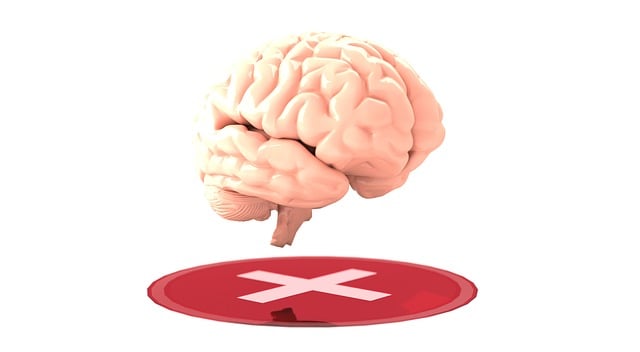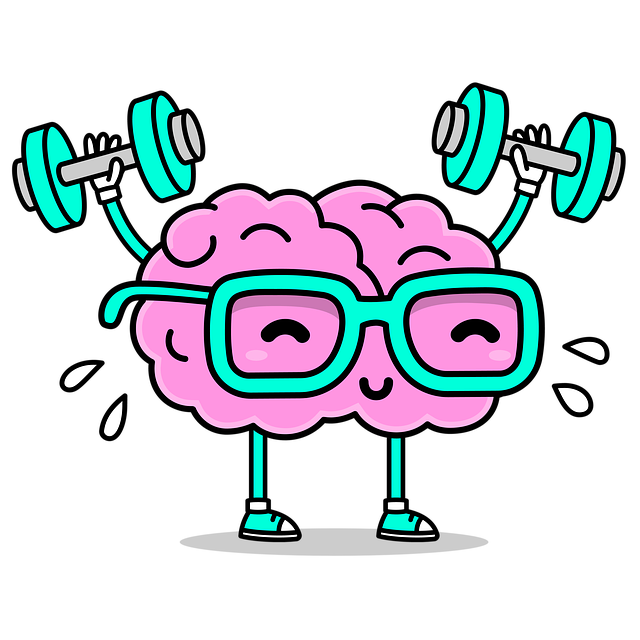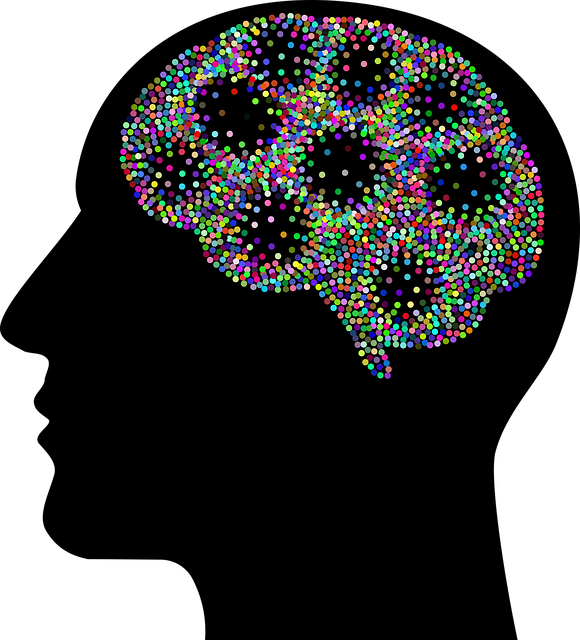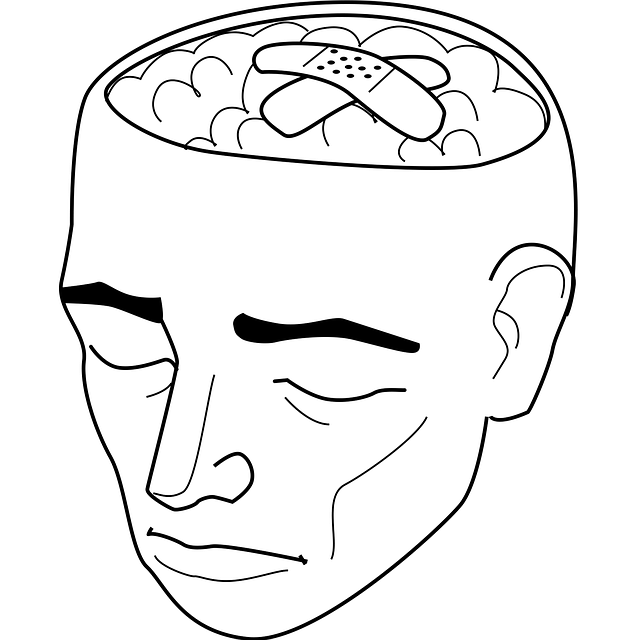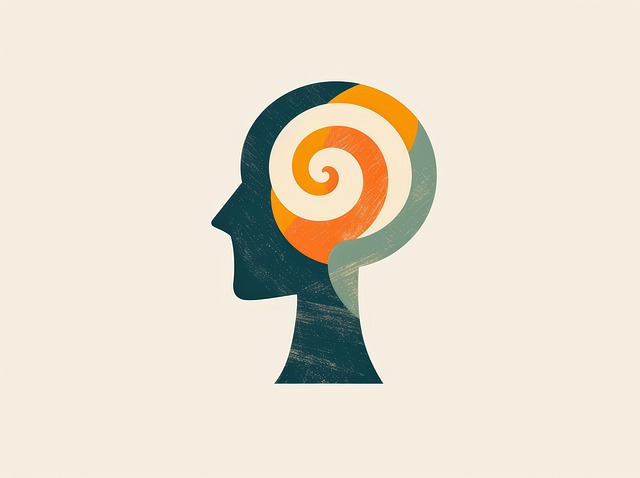Self-care is a powerful tool for individuals with developmental disabilities, offering personalized therapy strategies to enhance self-awareness and emotional intelligence. Tailored practices like mindfulness meditation and journaling build confidence and coping mechanisms, helping them manage emotions, improve social interactions, and foster independence. Incorporating structured routines, stress management techniques, and a strong support system from family, friends, and communities is crucial for well-being. Professional guidance, including therapy tailored for developmental disabilities and culturally sensitive mental healthcare, enhances resilience, open communication, and self-esteem.
Self-care is an essential aspect of overall well-being, but it often presents unique challenges for individuals with developmental disabilities. This article explores a comprehensive guide to enhancing self-care practices tailored to this specific community. We delve into understanding the nuances of self-care in the context of developmental disabilities, offering strategies to streamline daily routines and promote mental health. Additionally, we emphasize the significance of support systems and professional guidance as transformative tools for improving quality of life through effective therapy for developmental disability.
- Understanding Self-Care for Developmental Disabilities: A Unique Approach
- Strategies to Enhance Daily Routines and Well-being
- The Power of Support Systems and Professional Guidance
Understanding Self-Care for Developmental Disabilities: A Unique Approach

For individuals with developmental disabilities, self-care isn’t just a wellness trend—it’s a crucial tool for navigating life’s challenges and fostering independence. Understanding self-care in this context requires a unique approach that considers each person’s specific needs and abilities. Therapy for developmental disability plays a vital role here, focusing on personalized strategies to enhance self-awareness exercises and emotional intelligence.
By incorporating self-awareness practices tailored to their development level, these individuals can build confidence and develop coping mechanisms. This might involve simple yet effective techniques such as mindfulness meditation or journaling, which help them recognize and express their emotions. Emotional intelligence, boosted through these self-care practices, equips them to understand and manage their feelings, leading to improved social interactions and a greater sense of self.
Strategies to Enhance Daily Routines and Well-being

Incorporating self-care practices into daily routines is a powerful tool for enhancing overall well-being, especially for individuals navigating developmental disabilities. Therapy for Developmental Disability often emphasizes the importance of structured yet flexible routines to foster stability and independence. Simple strategies like setting consistent bedtimes and meal times can significantly contribute to improved mental wellness. Incorporating mindfulness exercises or short meditation sessions into daily rituals can help manage stress levels and promote a sense of calm throughout the day, benefiting both mind and body.
The Mind Over Matter Principles, often explored in Mental Wellness Podcast Series Production, offer valuable insights into tackling challenges head-on. Regular engagement in activities that instill joy, such as hobbies or spending time in nature, can serve as excellent stress management tools. Additionally, organizing workshops focused on stress management techniques allows individuals to learn and practice skills tailored to their needs, empowering them to take charge of their mental health.
The Power of Support Systems and Professional Guidance

Building a strong support system is an integral part of self-care, especially when navigating mental health challenges or managing developmental disabilities. This could include leaning on family, friends, or joining communities that offer understanding and encouragement. These networks provide a sense of belonging and can be invaluable in times of need. Furthermore, professional guidance plays a pivotal role in enhancing well-being. Therapy, tailored to individual needs, such as therapy for developmental disability, offers specialized support for unique challenges.
A culturally sensitive mental healthcare approach is essential here, ensuring that therapists are attuned to the client’s cultural background and beliefs. This consideration fosters trust and encourages open communication. Through professional guidance and a robust support network, individuals can develop resilience and enhance their self-esteem, crucial components of an improved self-care practice.
Self-care is not one-size-fits-all, especially when considering the unique needs of individuals with developmental disabilities. By tailoring self-care practices through a combination of structured routines, supportive systems, and professional guidance, we can significantly enhance well-being. Incorporating these strategies, as outlined in this article, can lead to improved daily functioning and a higher quality of life for those navigating the challenges associated with developmental disabilities. Remember, investing in self-care is not just beneficial—it’s essential.

